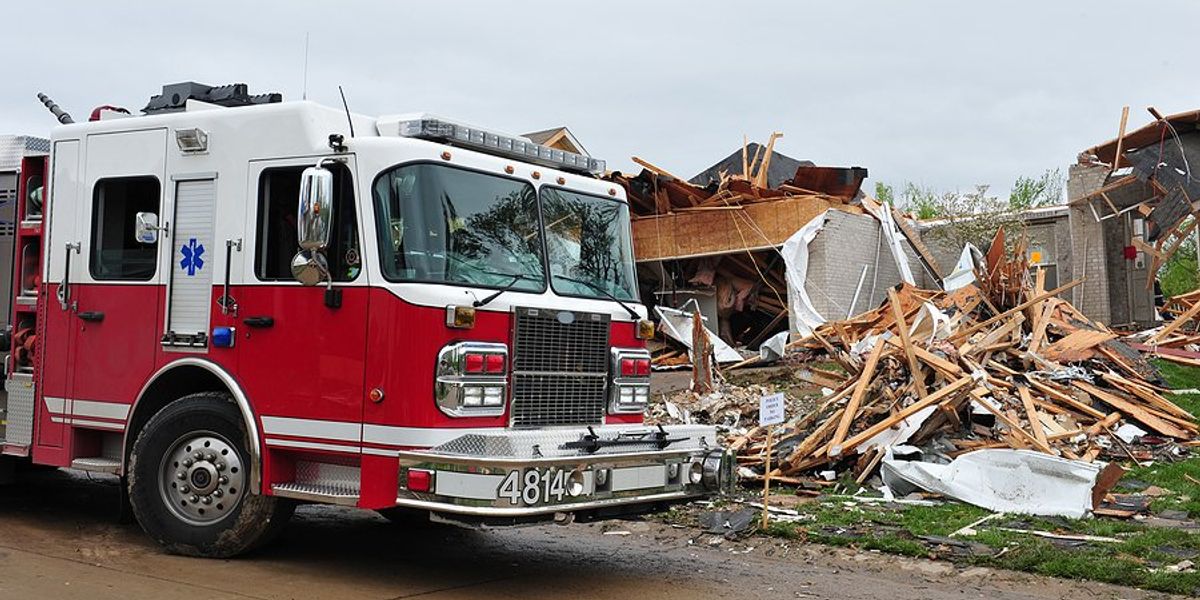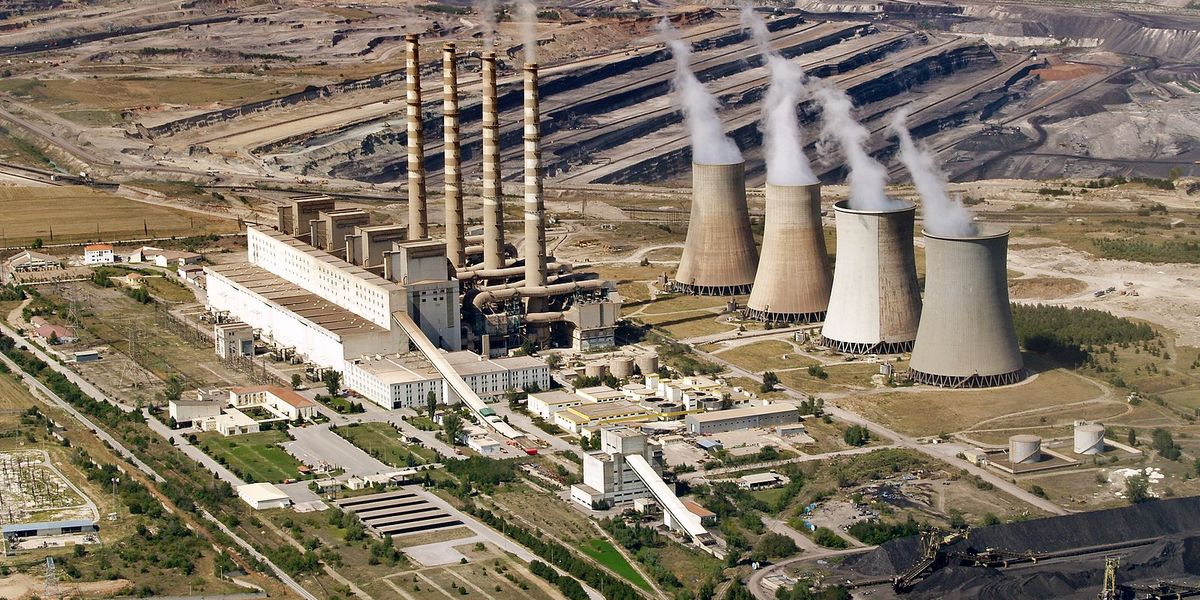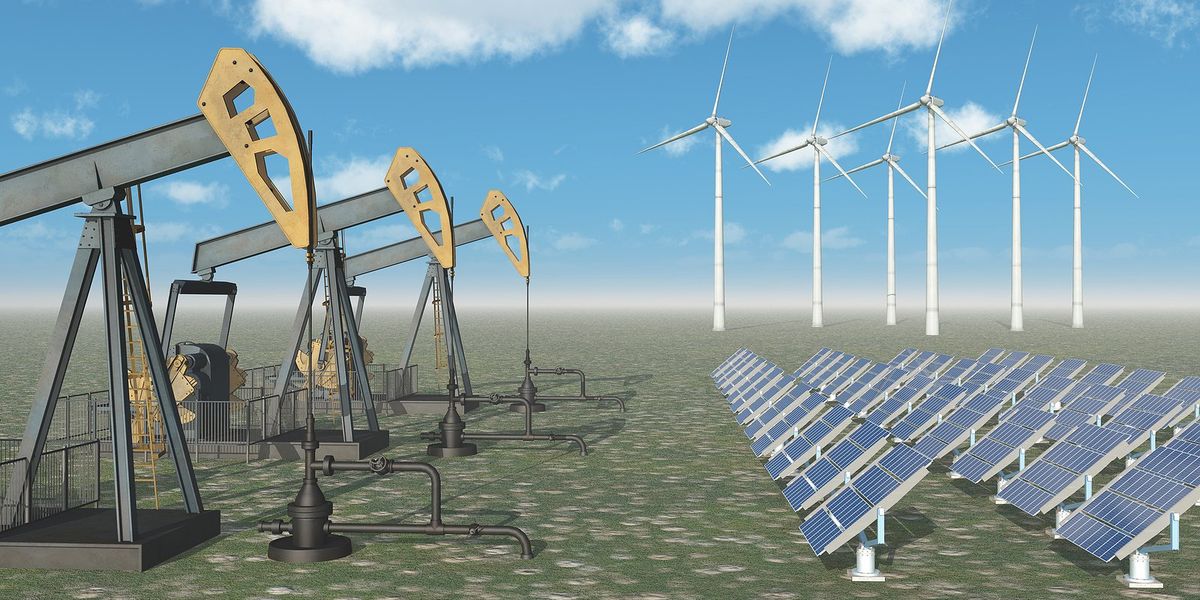Trump accelerates federal deregulation campaign
President Trump’s administration is launching a rapid, far-reaching rollback of federal regulations across health, labor, environmental, and consumer safety sectors, using legal shortcuts and a new agency led by Elon Musk.
Coral Davenport reports for The New York Times.
In short:
- Trump’s administration, working with the Department of Government Efficiency (DOGE) led by Elon Musk, is rushing to repeal or stop enforcing hundreds of federal rules across more than 400 agencies, bypassing traditional legal procedures.
- A White House memo directed agencies to forgo the public comment process and immediately cancel regulations, citing recent Supreme Court rulings.
- Agencies are targeting regulations related to nursing home staffing, silica dust protections, climate change, gun control, worker rights, and food safety, with business groups actively submitting wish lists for rollbacks.
Key quote:
“It’s going on much more quietly than some of the other fireworks we’re seeing, but it will have great impact.”
— Donald Kenkel, professor of economics at Cornell University
Why this matters:
The administration’s strategy to deregulate at speed could profoundly change how public health, environmental protections, and workplace safety are maintained in the United States. Regulations often serve as invisible infrastructure: ensuring clean drinking water, preventing toxic exposures, regulating emissions, and guaranteeing safe working conditions. Eliminating or ignoring them may lead to an erosion of safeguards that most Americans take for granted. For example, loosening oversight in meat processing plants could increase the risk of foodborne illnesses. Ending limits on silica dust could expose workers to a known carcinogen. And cutting climate and emissions rules removes key tools for addressing the accelerating impacts of global warming. The administration is exploiting recent Supreme Court rulings to bypass decades of regulatory process, raising legal questions but potentially cementing changes that could last beyond Trump’s term.
Related: EPA deregulation puts schoolchildren at risk in petrochemical zones













